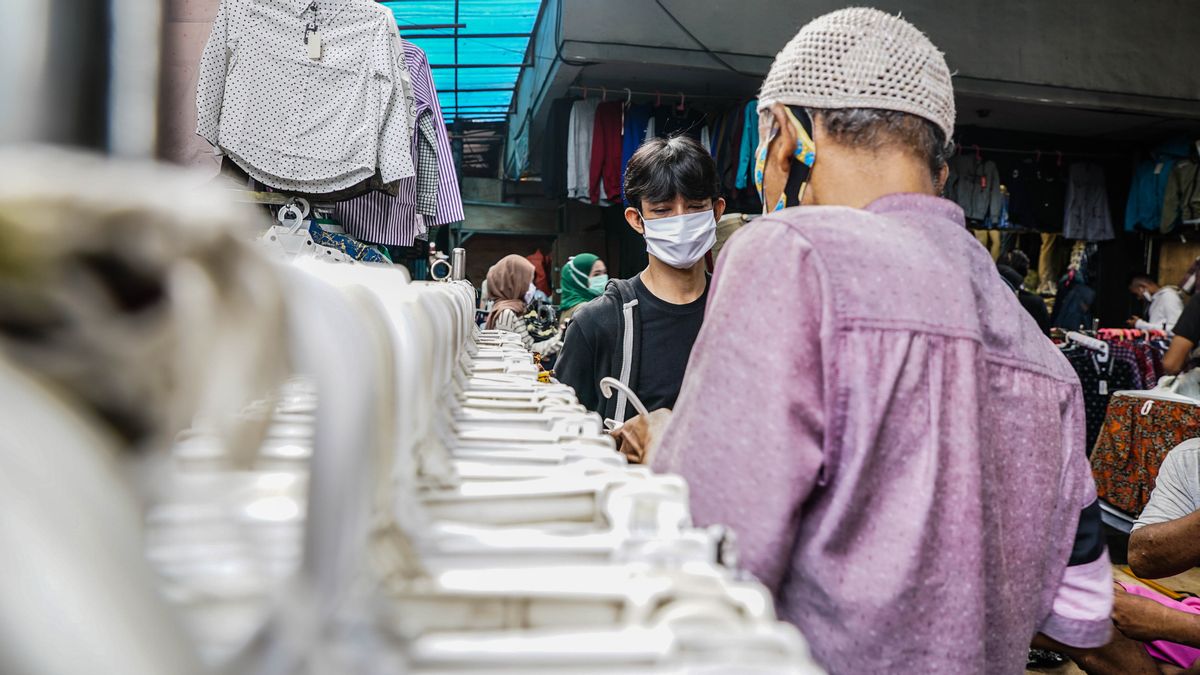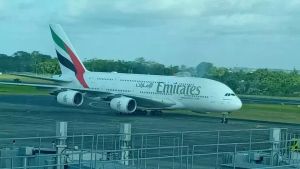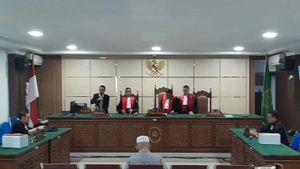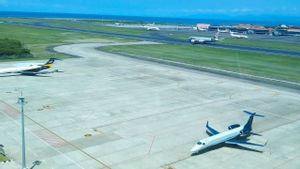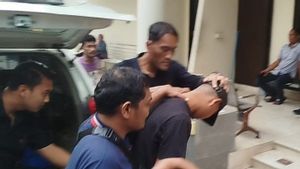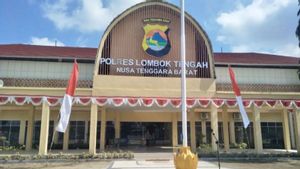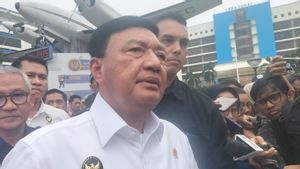JAKARTA - The micro, small and medium enterprises (UMKM) sector during the COVID-19 period is currently one of the businesses most affected. The National Economic Recovery Program (PEN) in this sector is also considered not ideal. This is because the interest subsidy given does not target all MSMEs.
Executive Director of the Institute for Development of Economics and Finance (INDEF) Tauhid Ahmad said, MSMEs are bearing a heavy burden in the conditions of the COVID-19. This is because, of the total workforce in Indonesia, 97 percent are in this sector.
Tauhid said that the government should have gone directly to the lowest real sector, namely MSMEs. Meanwhile, currently the government only provides assistance in the form of subsidized interest.
"This gives the impression that the government wants to play it safe, which is why it uses banks and the non-bank financial industry. Even then, subsidies are not large, only 6 percent and 3 percent for six months," he said, in a virtual discussion, Wednesday, June 9.
As for the sectors of MSMEs that were most affected or decreased in economic growth in the first quarter of 2020, which included only 2 percent of industry, 1.6 percent of trade, 0.02 percent of agriculture, and 1.95 percent of food and beverages.
According to Tauhid, out of 64,194,057 MSME actors, only 12,673,609 or 12 percent have the potential to receive assistance in the form of interest subsidies. Meanwhile, the rest certainly did not get any incentives from the government.
"We are worried because most of these 80 percent of MSMEs do not get potential assistance from the interest subsidy process. First, if we look at them, generally they are not accessed by bank credit. Second, of course they do not apply for credit," he said.
The implementation of large-scale social restriction (PSBB) policies, said Tauhid, also limited the space for MSMEs to move. Such as providing raw materials, marketing and so on.
"Why isn't there a big enough scheme, let's say that only 20 percent were targeted, in fact 80 percent were not targeted. This is very strange. Even though they are the real actors in our economy," he said.
The government's support for MSMEs is still weak. Tauhid assessed that incentives for large business actors were prioritized. This can be seen from the tax incentives, where the government only bears the Final UMKM Income Tax (PPh) of IDR 2.4 trillion.
Furthermore, Tauhid said, the government needs to pay attention to MSMEs not only because this sector absorbs a large number of workers. However, MSMEs also contribute relatively large gross domestic product (GDP).
"I think it is important to have an emergency fund that is easily accessible to MSMEs with a straightforward procedure. If it had to go through banking and so on, I guarantee that 80 percent of those who are not accessed by banks will not get anything. Even though the amount is bigger," he said.
The English, Chinese, Japanese, Arabic, and French versions are automatically generated by the AI. So there may still be inaccuracies in translating, please always see Indonesian as our main language. (system supported by DigitalSiber.id)
